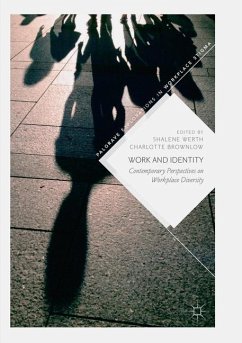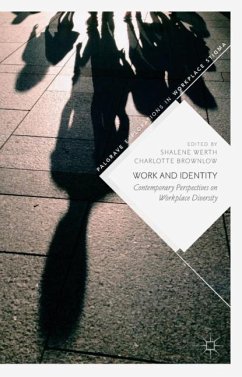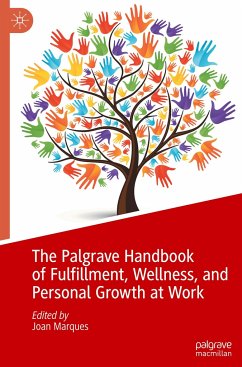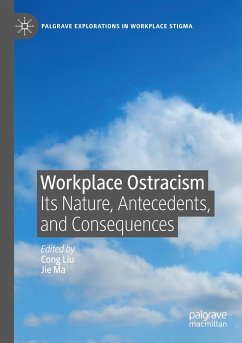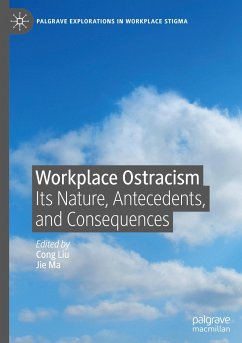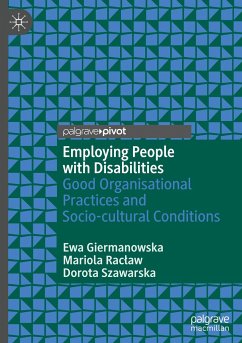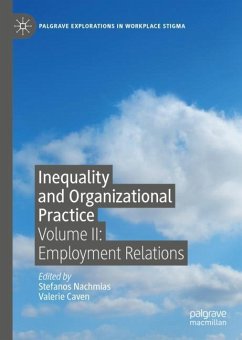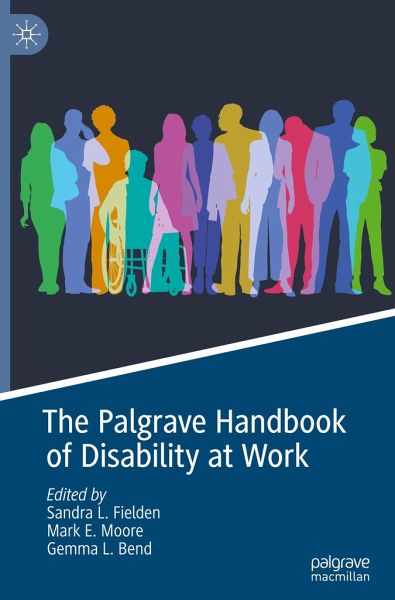
The Palgrave Handbook of Disability at Work

PAYBACK Punkte
68 °P sammeln!
This scholarly handbook covers all aspects of people with disabilities entering the workplace, including the legal aspects, transitions, types, and levels of employments, the impact of different disabilities, and the consideration of the intersection of disability with other identities such as gender and ethnicity. Comprehensive in scope, chapters look beyond organizational strategies that accommodate an employee's disability and use case studies to highlight important issues and the individual's perspective. The handbook concludes with a reflection on the work included in the book, what was n...
This scholarly handbook covers all aspects of people with disabilities entering the workplace, including the legal aspects, transitions, types, and levels of employments, the impact of different disabilities, and the consideration of the intersection of disability with other identities such as gender and ethnicity. Comprehensive in scope, chapters look beyond organizational strategies that accommodate an employee's disability and use case studies to highlight important issues and the individual's perspective. The handbook concludes with a reflection on the work included in the book, what was not included and why, and makes recommendations for future disability research. Marking a major contribution to the study of workplace diversity and bringing together academics from various disciplines and global regions, this handbook covers a truly broad and diverse mix of approaches, theories, and models.





